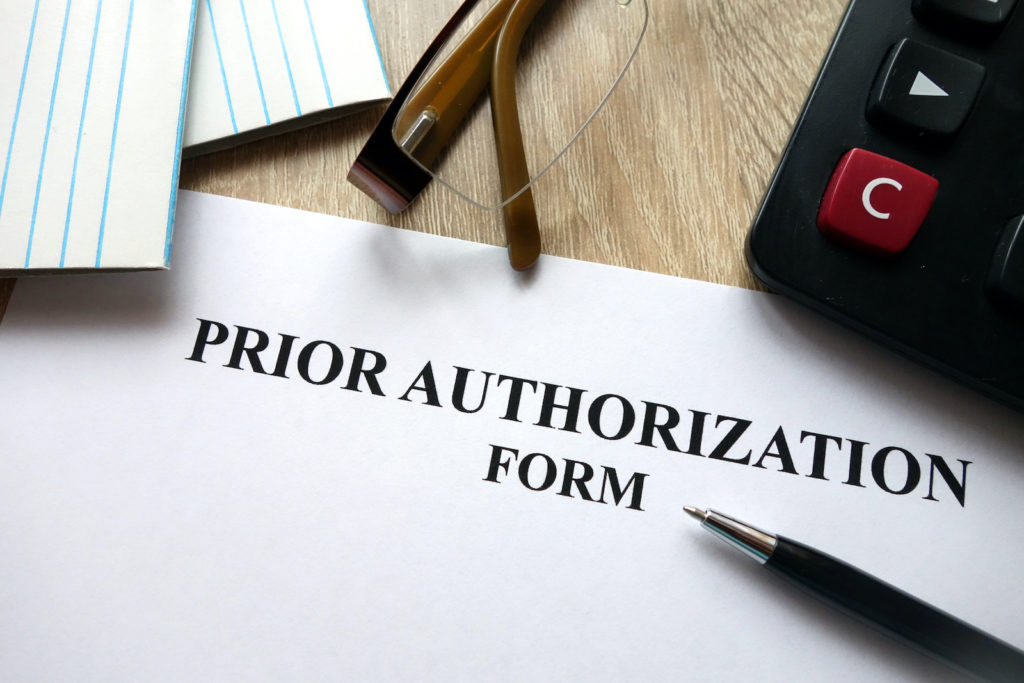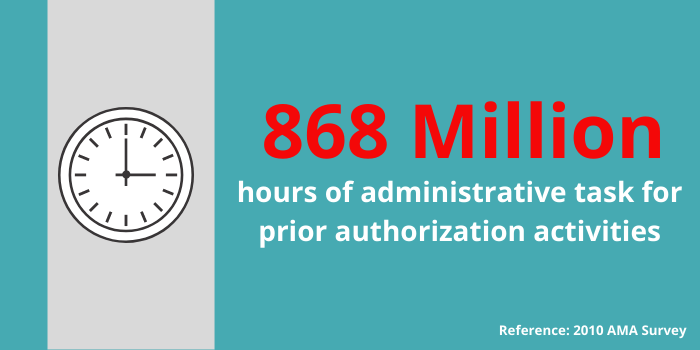
The prior authorizations game is no game at all. Our patient’s well-being is at stake, and so is our own. The stress and frustration associated with prior authorizations contributes to burnout for physicians, nurses, and other staff members. It is easy to be overwhelmed by the magnitude of effort required to obtain approval for certain tests. This should in no way deter us from pursuing the best possible care for our patients. On the contrary, it should spur us to create orders that help us obtain the needed studies with the least overall effort.
The insurance companies have instituted prior authorization requirements on numerous studies, diagnostic tests, and treatments. Sure, the process is frustrating (See Adventures in Prior Authorization). More importantly, it can be dangerous to our patients by delaying diagnosis and impeding effective treatment. This is especially true when the rules seem arbitrary and the decisions are being made by those with limited medical knowledge.
Guidelines
The exact guidelines used to create the prior authorizations are often difficult, if not impossible, to identify—much less fully understand. Prior authorizations exist primarily for cost containment and sometimes serve a quality control purpose. Despite this, it is possible to speed the process and limit the time spent on prior authorizations by both you and your staff.
Think About the Order
To begin with, it is obvious that you should only order the test when it serves a medically important purpose. Having a track record of ordering studies that are approved, and especially those that are approved in short order, is likely to have some bearing on how your next order is reviewed.
Build a Persuasive Note
Once you know the reason that the study is needed, make sure that you build a note that describes the need for the order, the medical decision-making, and the consequences should this study not be obtained. Organize the information in a coherent and easily followed manner. It is likely to be reviewed by someone with relatively limited medical knowledge. Furthermore, someone from your staff, also with a lesser degree of medical knowledge, will likely be pursuing the prior authorization on your behalf. In addition to writing an informative persuasive note, put the same information on the study order. This may help in the pursuit of the prior authorization and may also be of benefit clinical correlation for any clinician interpreting the study.
Some may find it of benefit to create a template for certain orders. A template can also contain specific references to support your orders.
Whenever a prior authorization is being pursued, the staff member in your office should always have the progress notes and orders available and in front of them because they will be quizzed on pertinent (and sometimes less important) clinical data. Help make this task less burdensome to help staff complete prior authorizations more quickly. Their time is your money. (See The Prior Authorization Predicament.)

Monitor the Requirements
It is important to keep track of what particular insurance companies require in order to grant a prior authorization approval. As you learn the particular requirements, incorporate this into your standard documentation. Have your staff to help you by keeping notes on particular questions being raised during the process. Review these findings on a regular basis and take steps to address them. Obviously, this documentation is annoying at best, but it is clearly better than having extensive staff time dedicated to prior authorizations, spending your time answering staff questions and pursuing peer-to-peer reviews, or outright denials of needed studies for your patients.
If you know particular steps are needed prior to approval for a study, address these in the note and on the order. If the steps are unneeded or represent a risk to the patient, document this and pursue the prior authorization.
Denials
Regardless of your best efforts, there will still be denials. Be ready for them. Use the extensive documentation in your notes to help craft your appeal letters. You can then add more forceful language to the appeal letter. Setting up notes up with forethought reduces the effort required to write a powerful appeal letter. Don’t exaggerate or minimize dangers; simply and clearly describe the real risks to the patient.
Ask for help. If this is viewed as a game, we better play it as a team sport. Make sure the patient knows that the insurance company is denying coverage for the study. Recruit the patient and when possible, their employer’s human resources (HR) department. Even if your requests fall on deaf ears, the patient or their employer’s HR department may find a more receptive representative. The patient can directly contact the insurance company to discuss the coverage. The HR departments also have contacts with the insurance company and may intervene on behalf of the employee. This may not directly help you get the prior authorization approved but it may help eventually get the testing approved.
Relief?
There may be some hope for some relief from this burden. There are initiatives focused on addressing the issues surrounding prior authorizations. These may come to fruition. They may help reduce the impact. Even if it is cut by half, it will still be a giant problem. Address the problems as much as possible and hope for a better system in the future.
Follow us on Twitter, Facebook, and LinkedIn to join the conversation about administrative excellence in your practice.


